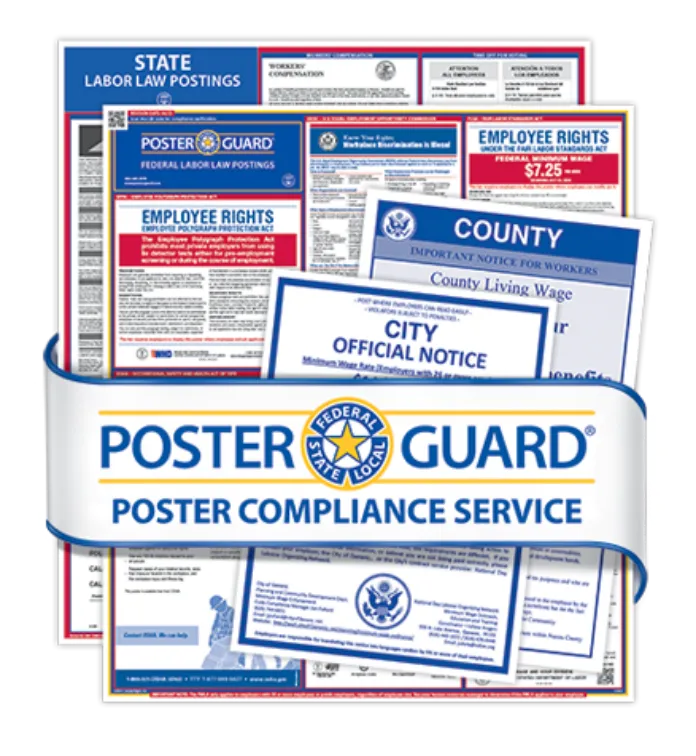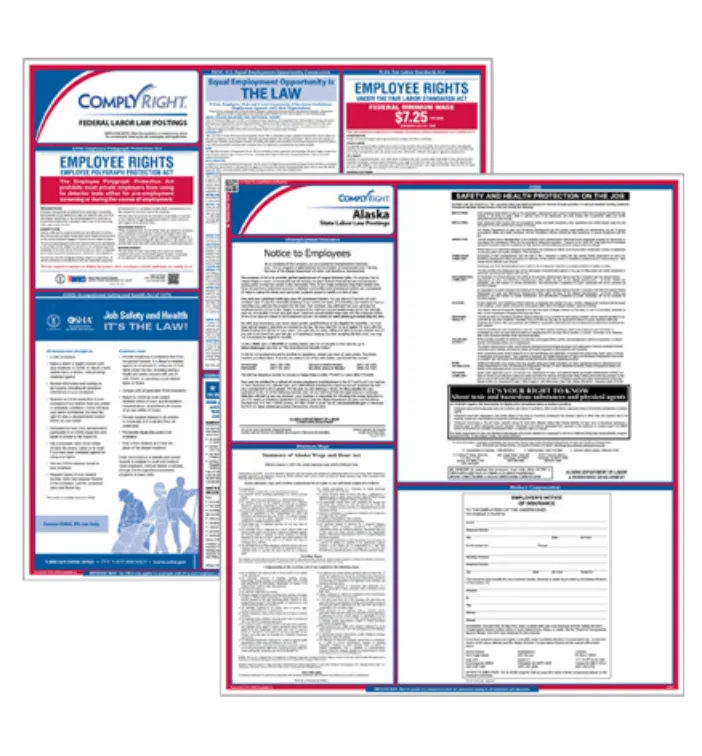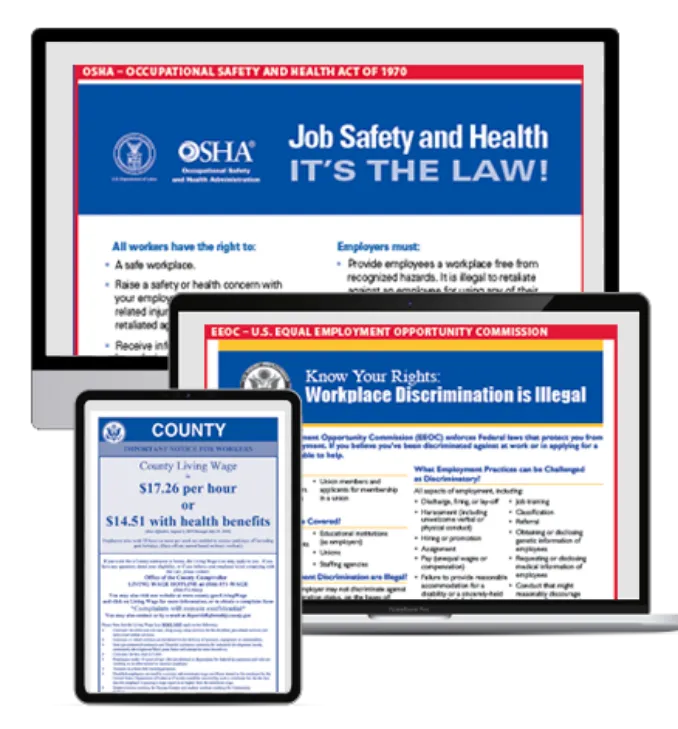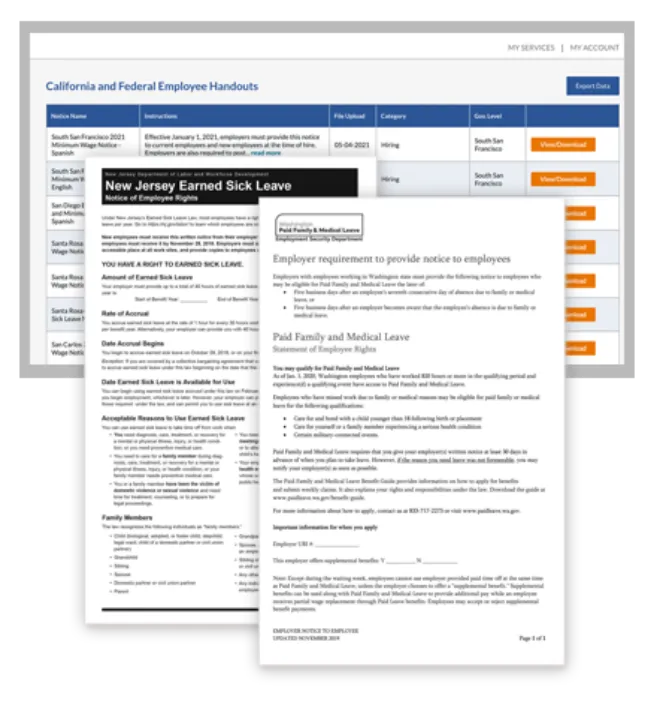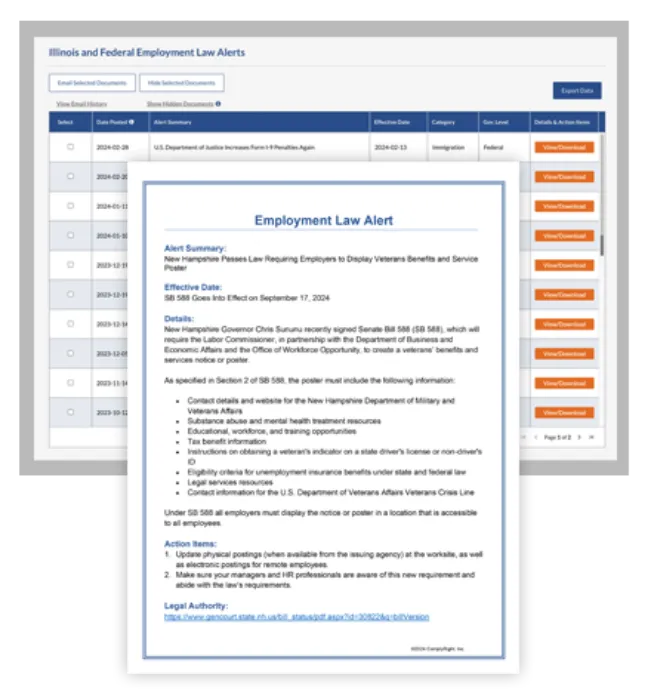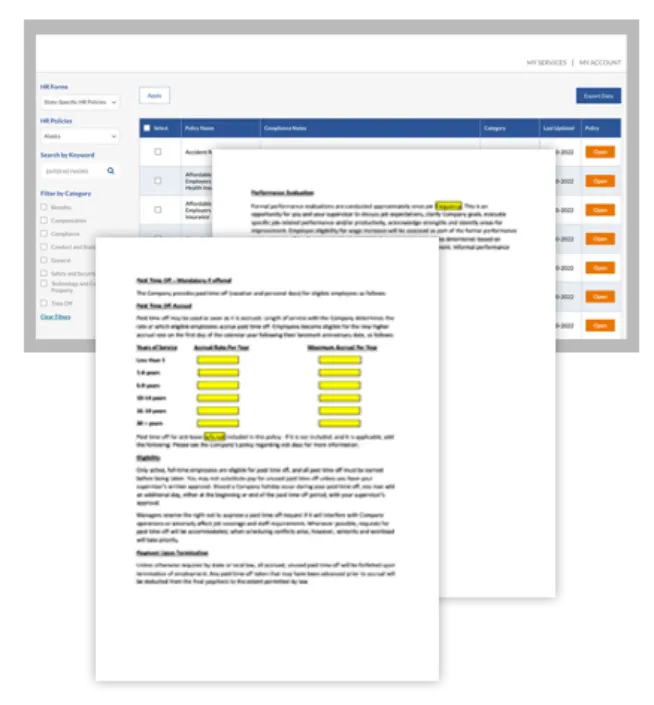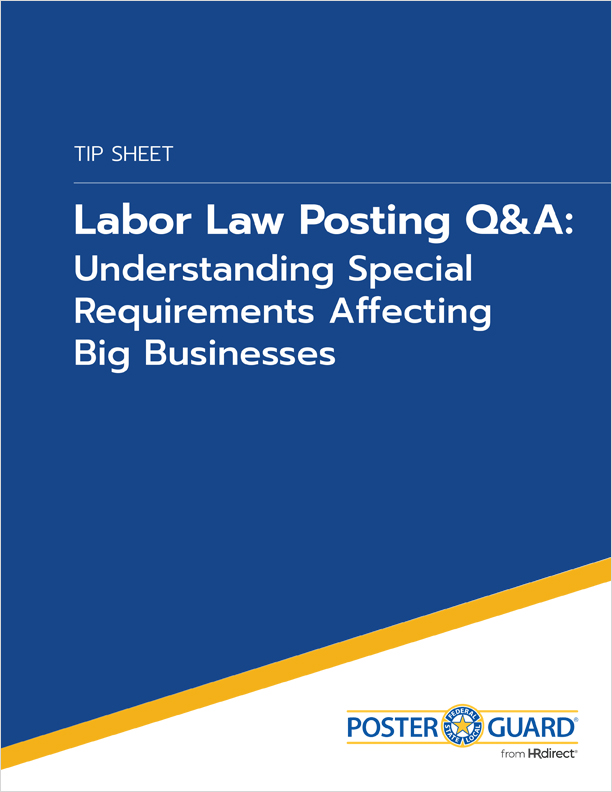The Centers for Disease Control and Prevention (CDC) have labeled the COVID-19 — also known as the new coronavirus — as a public health emergency. This unprecedented pandemic presents many challenges for employers as they struggle with resulting employee management issues. The following measures will help you navigate through the unique situations this virus presents and remain compliant during the coronavirus.
1. Identify Potential FMLA Obligations
If your business is covered by the Family and Medical Leave Act, and your eligible employees need time off, the FMLA can come into play. In general, if the eligible employee — or the employee’s child, spouse or parent — is infected, the worker would be entitled to FMLA leave.
Additionally, the newly enacted Families First Coronavirus Response Act expands FMLA protections, covers childcare obligations due to school closings, and provides other benefits on a temporary basis through December 31, 2020.
2. Know Your Rights if An Employee Appears Ill
You can require employees who feel sick — or appear to be sick — to leave your workplace. The CDC states that employees who exhibit influenza-like symptoms at work during a pandemic should leave the workplace. You may also require employees exhibiting symptoms to get medical clearance before returning to work.
Now, if you send employees home because they may be ill, do you have to pay them for the time missed? It depends on several factors, including state and local laws. Also, the Families First Coronavirus Response Act requires certain employers to provide emergency paid leave and other benefits for qualifying absences related to the pandemic.
Otherwise, the usual FLSA guidelines still apply, and it would depend on the employee’s status as exempt (i.e., “salaried”) or non-exempt (i.e., “hourly). Generally, under federal law you would not be permitted to reduce the weekly salary amount for an exempt employee in this scenario, but you could require employees to use existing PTO banks to avoid unpaid leave.
3. Require Employees to Report if They Have Symptoms
You should inform workers that they must notify you if they suffer symptoms of the virus. And, of course, they should not report to work before they have medical approval.
If you discover that an employee tests positive for the virus, you should send all employees home who have worked closely with the infected worker for a minimum of 14 days. To avoid violating confidentiality laws, do not reveal the infected employee’s name.
Did You Know?
If an employee has the virus, he or she could seek short-term disability insurance benefits as a result. Employees with existing health conditions or compromised immune systems who cannot work because of fear of contracting the virus could also seek disability insurance.
4. Develop a Temporary Remote Workers Policy
If you have employees newly working from home due to the virus, be sure to have a remote workers policy in place. Your policy should set clear expectations for your employees. For example, can every employee work from home or are there personnel who must continue to report to the workplace? Do teleworkers always have to be available during working hours? How will meetings occur, and will all remote employees have access to the necessary technology? Can employees work on their own personal devices, like laptops and tablets?
In addition, for non-exempt employees, it’s important to determine rules for tracking hours of work and managing overtime. Finally, you should establish a mechanism for communicating regular status updates to all workers, including those working from home.
5. Review Your Travel Policy
Considering quarantine restrictions, this is a good time to limit employee travel. You can institute a policy requiring conference calls or video calls for all meetings involving travel — even those for local customers.
If travel is necessary, and an employee refuses to make the trip, be very cautious. There could be extenuating circumstances, such as the worker has a medical condition that makes him or her more susceptible to the virus. Additionally, the CDC has issued warnings against nonessential travel. It’s best to find an alternate solution.
Maintain Labor Law Compliance
If you’re unsure how to stay compliant with labor law posting requirements during this time when many employees are working from home, consider the Intranet Licensing Service. Using this service, employees simply click a secure link on your corporate intranet or employee web portal to view applicable federal, state, city and county postings. This ensures that employees have access to important government-mandated postings relating to emergency paid leave laws, earned sick time, disability and unemployment insurance, and other rights and obligations.
Additionally, the Mandatory Employee Handout Service gives you immediate access to notifications often triggered by employee events — such as a request for medical leave. You'll have all the employee notifications required by federal, state, county and city laws.
Finally, under the Families First Coronavirus Response Act, all private employers with fewer than 500 employees, and most public employers, must immediately display a new federal workplace posting. The poster summarizes the new emergency paid leave law, which remains in effect until December 31, 2020, and explains the circumstances under which employees qualify for immediate paid leave due to the COVID-19 emergency.

